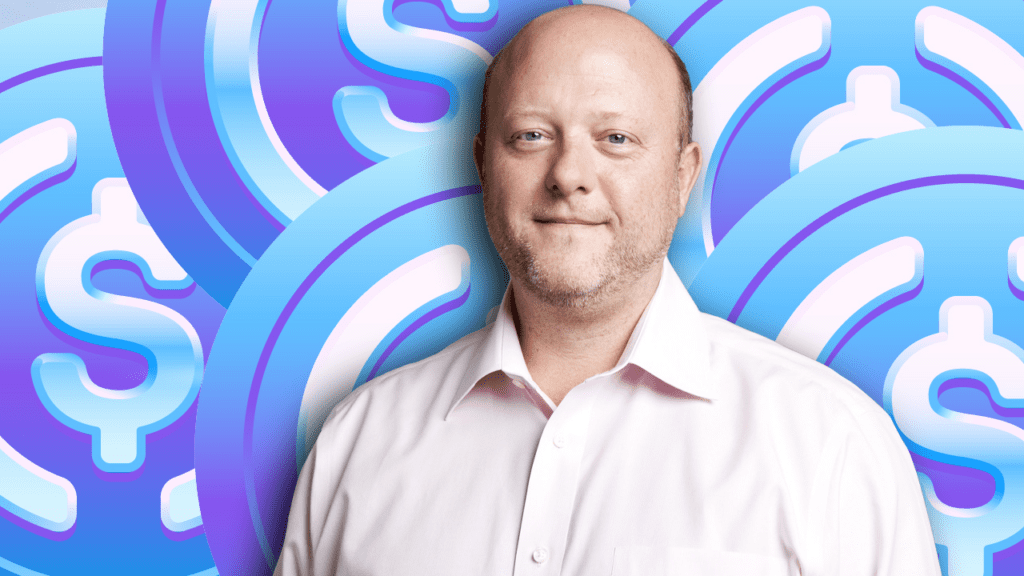Circle CEO: 70% USDC Adoption Outside US, PYUSD Is Regulatory Good Signal
Key Points:
- Circle CEO Jeremy Allaire said 70% of USDC is applied outside of the US, particularly in Asia, Latin America, and Africa.
- To expand the USDC market, the company is partnering with banks of superior quality in key global regions.
- Jeremy Allaire also said the launch of PYUSD by payment giant Paypal is a good sign for stablecoin regulations in the US.
According to Circle CEO, 70% of Circle’s USDC adoption is being done outside the US and is particularly popular in Asia, Latin America, and Africa.

According to Jeremy Allaire, co-founder, and CEO of Circle, said on Twitter that despite the hype that the company’s target is the US, it is estimated that 70% of USDC adoption takes place outside of the US.
USDC is well received by the fastest-growing countries and regions, especially Asia, Latin America, and Africa. The demand for a secure, transparent digital dollar is enormous here.
Circle is partnering with premium quality banks in key global regions to expand the market to bring local payment methods and globally distributed mint/burning to USDC.
Talking about PYUSD, the US dollar stablecoin launched yesterday by PayPal and Paxos, Allaire said it is exciting to see such an important Internet and payments company enter the stablecoin space, which could be a welcome sign in the regulation of stablecoins in the US.
“This is what happens when we start to get clarity, and with the Payment Stablecoin Act, this can open up a free and competitive market for dollar stablecoin issuesrs with strong supervision, allow the US to compete with digital dollars that are uniformly safe, transparent, liquid and supervised to Fed-standards.”
Allaire also said he predicts that stablecoins will make significant strides in 2024 and 2025 as the Stablecoin Law is coming to Japan, the United Kingdom, the EU, Hong Kong, the UAE, Singapore, and the United States. Customers will know with whom they are dealing, and companies that can survive the scrutiny of central banks and prudent regulators will thrive.
DISCLAIMER: The information on this website is provided as general market commentary and does not constitute investment advice. We encourage you to do your own research before investing.






















